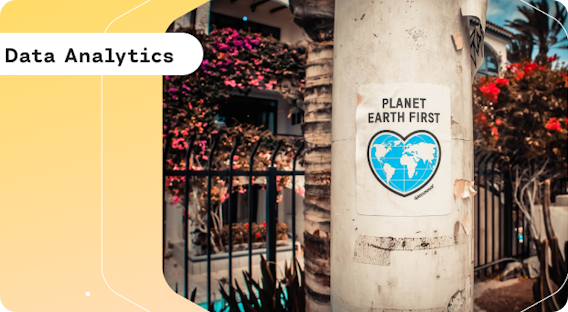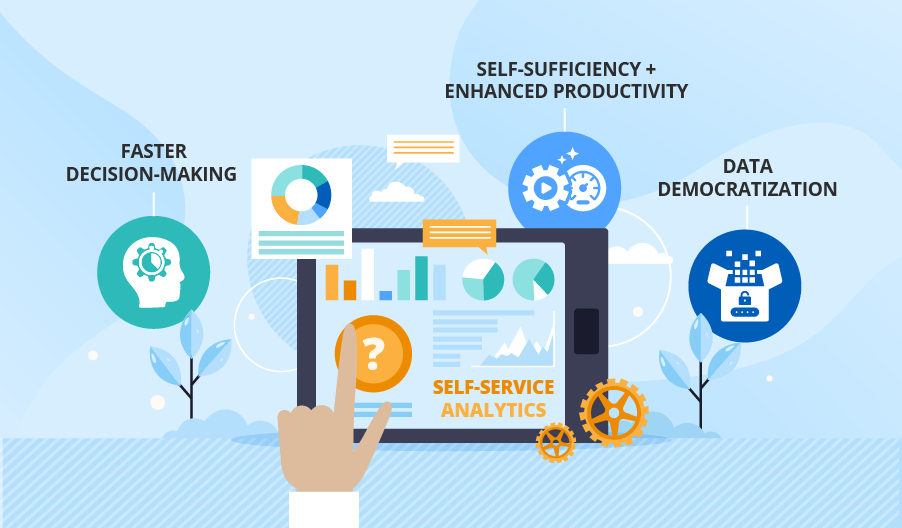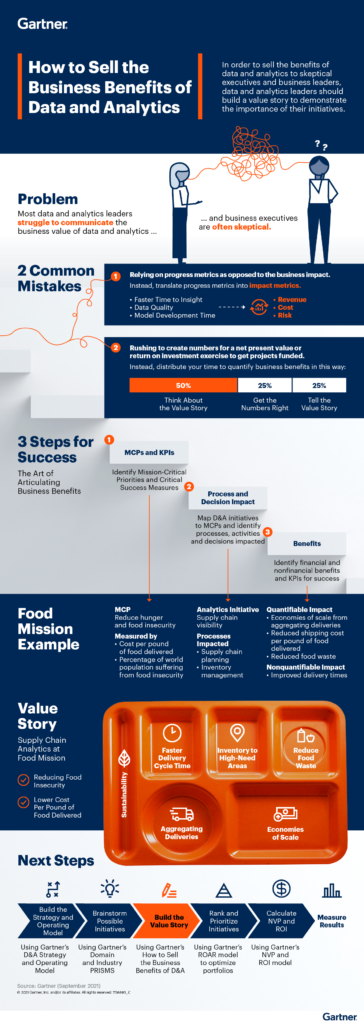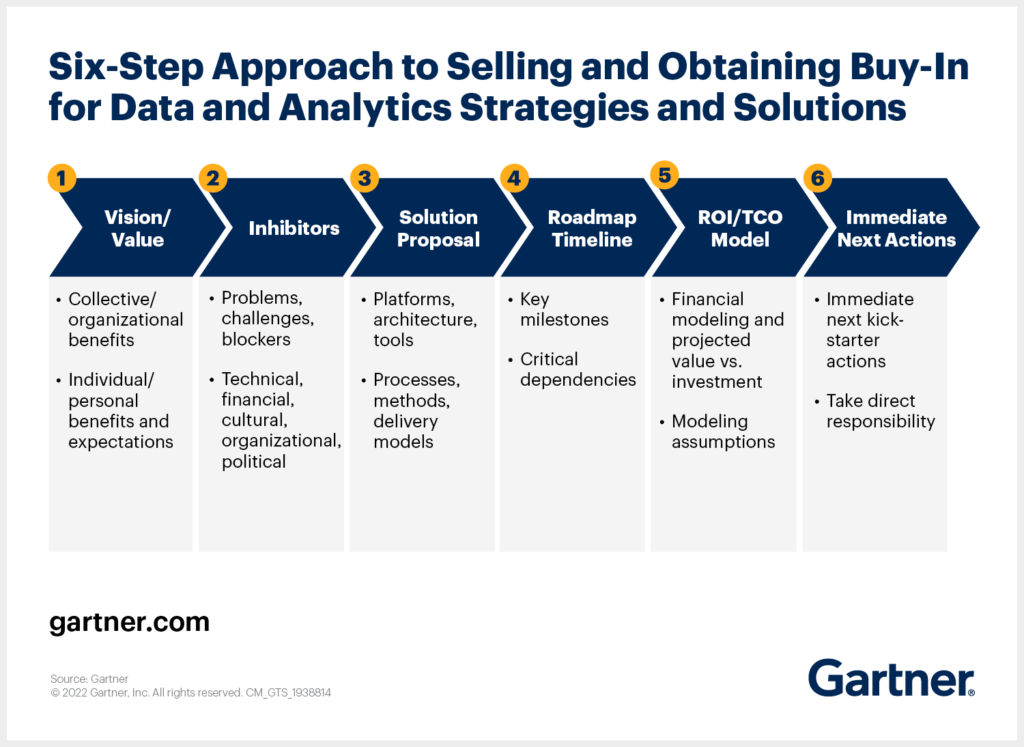Data analytics has become an integral part of modern society, transforming the way we live and work. With the rise of big data, businesses and organizations are using data analytics to gain insights into customer behavior, market trends, and business performance. Data analytics has enabled organizations to make informed decisions, optimize operations, and improve customer satisfaction. It has also revolutionized healthcare, education, and the public sector. The impact of data analytics is far-reaching, and it is changing the world as we know it.
From predicting disease outbreaks to detecting fraud, data analytics has the power to improve our lives in countless ways. With the advent of artificial intelligence and machine learning, data analytics is becoming even more sophisticated, enabling us to make predictions and recommendations with greater accuracy. As data analytics continues to evolve, it is creating new opportunities for businesses and individuals alike. Whether you are a marketer, a healthcare professional, or a data scientist, the possibilities are endless. In this article, we will explore the ways in which data analytics is changing the world and what it means for the future.

How Data Analytics is Changing the World
Data analytics is an increasingly important tool in today’s world, allowing businesses and organizations to gain valuable insight into their customers, operations, and markets. By collecting and analyzing data, companies can make better decisions, identify trends, and gain a competitive edge. In this article, we will discuss how data analytics is transforming the world and some of the key benefits it provides.
What is Data Analytics?
Data analytics is the process of collecting, analyzing, and interpreting data to gain meaningful information and insights. It involves using various techniques, such as machine learning, predictive analytics, and natural language processing, to identify patterns and trends in large datasets. This data can then be used to make decisions, improve services or products, and gain a competitive edge.
Data analytics is becoming increasingly important in today’s world. With the availability of large amounts of data from sources such as the internet, social media, and sensors, organizations can gain insights into their customers and operations. This data can then be used to develop better products and services, improve customer experience, and predict customer behavior.
The Benefits of Data Analytics
Data analytics can provide a range of benefits to organizations, including:
• Improved Decision Making: By analyzing data, businesses can gain insights into their customers, operations, and markets. This can help them make better decisions and identify opportunities for growth and improvement.
• Enhanced Customer Experience: Data analytics can help organizations understand their customers and develop better products and services to meet their needs. This can lead to improved customer satisfaction and loyalty.
• Cost Savings: Data analytics can help businesses reduce costs by identifying areas of waste and inefficiency.
• Increased Revenue: By analyzing data, businesses can identify trends, develop new products and services, and increase sales.
Data analytics is an invaluable tool for businesses and organizations in today’s world. By leveraging data, businesses can gain valuable insights into their customers, operations, and markets and make better decisions to improve their services and products.
Frequently Asked Questions – How Data Analytics is Changing the World?
Data Analytics and Big Data are driving forces behind digital transformation, enabling businesses to gain actionable insights and make better decisions. By combining data from a range of sources, organisations can discover patterns, trends and correlations to gain valuable insights into their operations and customers.
What Impact is Data Analytics Having on Businesses?
Data Analytics is having a huge impact on how businesses operate. By capturing and analysing data from both internal sources and external sources, businesses gain insight into customer behaviour, historical trends and market insights. This gives organisations the power to identify opportunities for growth, develop new products and services and better understand their customers.
Data Analytics also provides businesses with better decision-making capabilities. By analysing data from various sources, organisations can make more informed decisions about resource allocation, product development and customer service. Data Analytics also enables businesses to be more agile and responsive, as data-driven decisions are made quickly and accurately.
How is Data Analytics Helping to Improve Operations?
Data Analytics is helping to improve operations across many sectors. By analysing data from different sources, organisations can identify areas of improvement and develop solutions to increase efficiency and reduce costs. For example, data analytics can be used to identify bottlenecks in the production process and to develop strategies to reduce waste. Additionally, data analytics can be used to identify areas of customer service that can be improved, such as response times and customer satisfaction.
Data Analytics also enables organisations to monitor and analyse performance over time. By tracking performance metrics, organisations can identify areas where performance can be improved. Data Analytics can also be used to identify opportunities for innovation, by analysing customer behaviour and market trends.
What Benefits Does Data Analytics Offer?
Data Analytics offers a range of benefits to organisations. By analysing data from multiple sources, organisations can develop a better understanding of their customers, operations and markets. This enables organisations to make better decisions and identify opportunities for growth. Additionally, data analytics enables organisations to be more agile and responsive, as data-driven decisions can be made quickly and accurately.
Data Analytics also offers organisations the ability to improve their operations. By analysing data, organisations can identify areas of improvement and develop strategies to increase efficiency and reduce costs. Data Analytics also enables organisations to monitor and analyse performance over time, allowing them to identify areas where performance can be improved.
What Challenges Does Data Analytics Present?
Data Analytics presents a range of challenges for organisations. One of the main challenges is the collection and analysis of data from multiple sources. This requires organisations to have access to the right data, which can be difficult to obtain. Additionally, organisations need to have the right skills and resources to analyse the data, as well as the necessary infrastructure to store and process the data.
Another challenge is the accuracy and reliability of the data. Data can become outdated quickly, and organisations need to ensure the data is up-to-date and accurate. Additionally, organisations need to ensure that the data is secure and compliant with data protection regulations.
How Can Data Analytics be Used Responsibly?
Data Analytics can be used responsibly by ensuring data is collected, stored and used in a secure and compliant manner. Organisations should ensure that data is collected in accordance with data protection regulations, and that the data is secure and protected from unauthorised access. Additionally, organisations should ensure that the data is used in a way that respects the privacy and rights of individuals.
Organisations should also ensure that the data is used ethically and responsibly. This means using the data in a way that is fair, impartial and non-discriminatory. Additionally, organisations should ensure that data is used to make decisions that benefit both customers and the organisation.
In conclusion, data analytics is changing the world in more ways than we can imagine. The insights gained from the analysis of data are helping businesses make better and more informed decisions, governments to provide better public services, and individuals to live healthier and more fulfilling lives. With the continued advancements in technology and the increasing amount of data being generated every day, the potential for data analytics to transform our world is limitless.
As a professional writer, it is clear to me that the impact of data analytics on society will only increase in the coming years. From improving healthcare outcomes to mitigating the effects of climate change, data analytics has the power to make the world a better place. It is essential that we continue to invest in the development of data analytics tools and technologies to ensure that we can take advantage of this potential and continue to make positive changes in our society. The future is bright for data analytics, and it is exciting to see how it will continue to shape and transform our world in the years to come.



